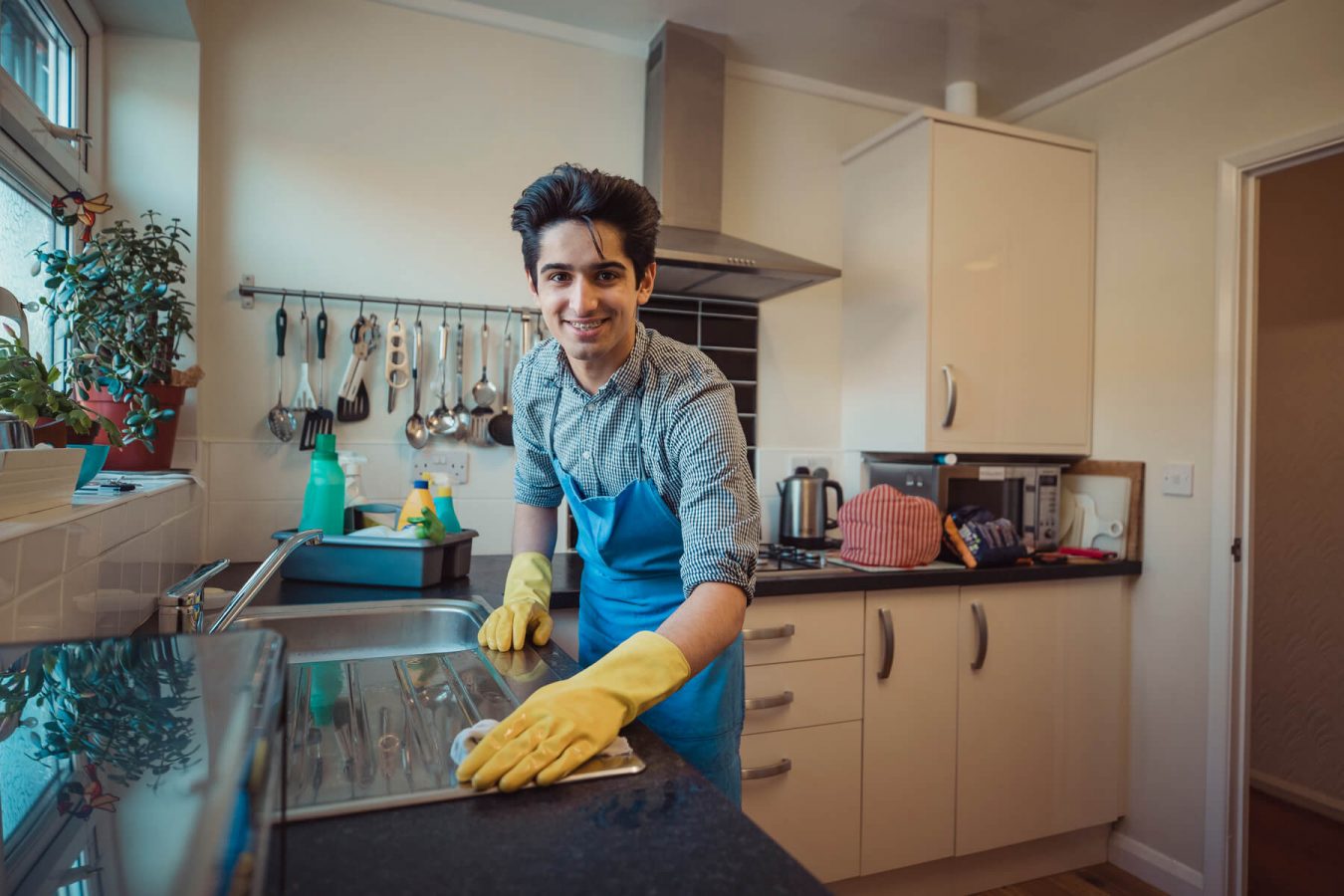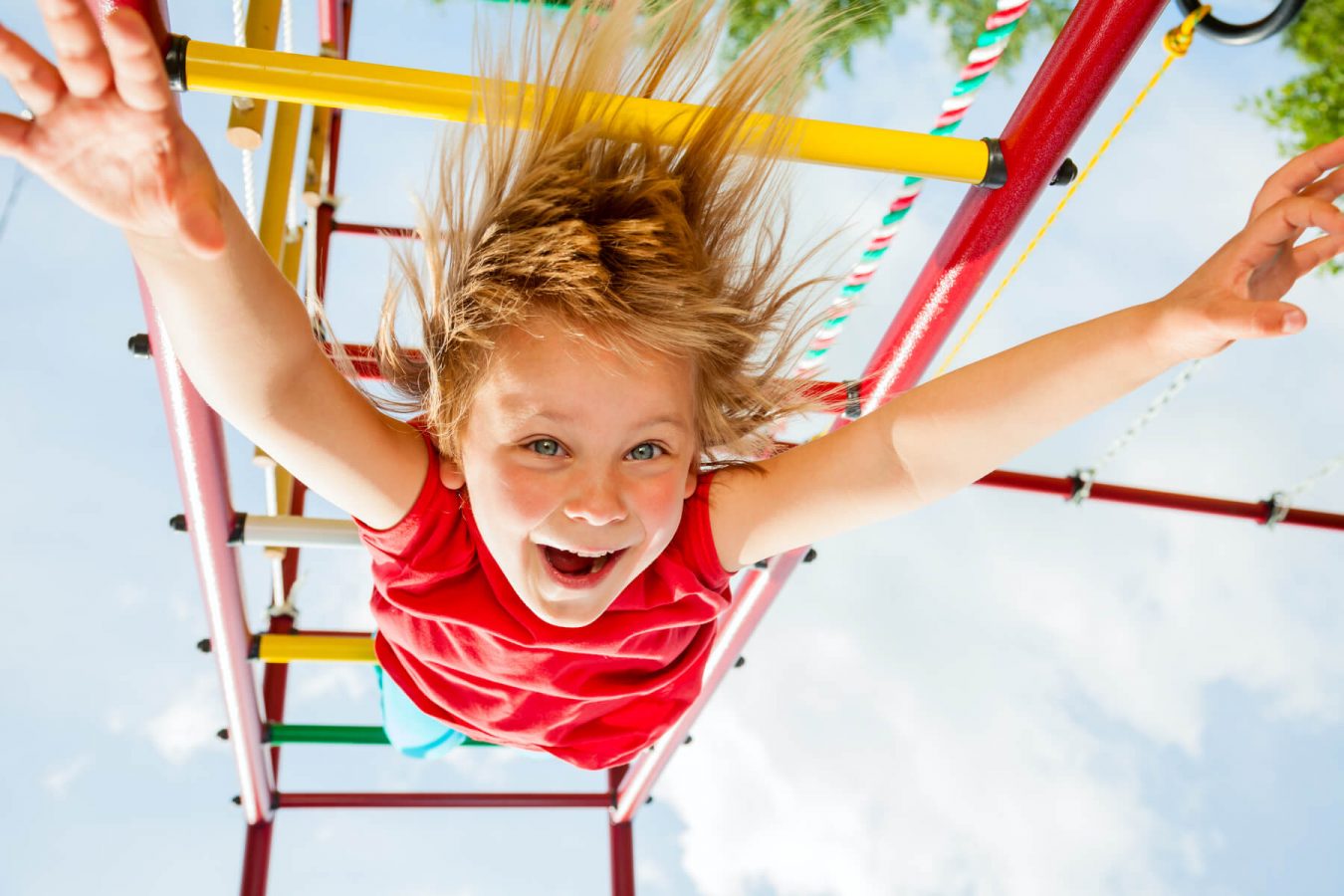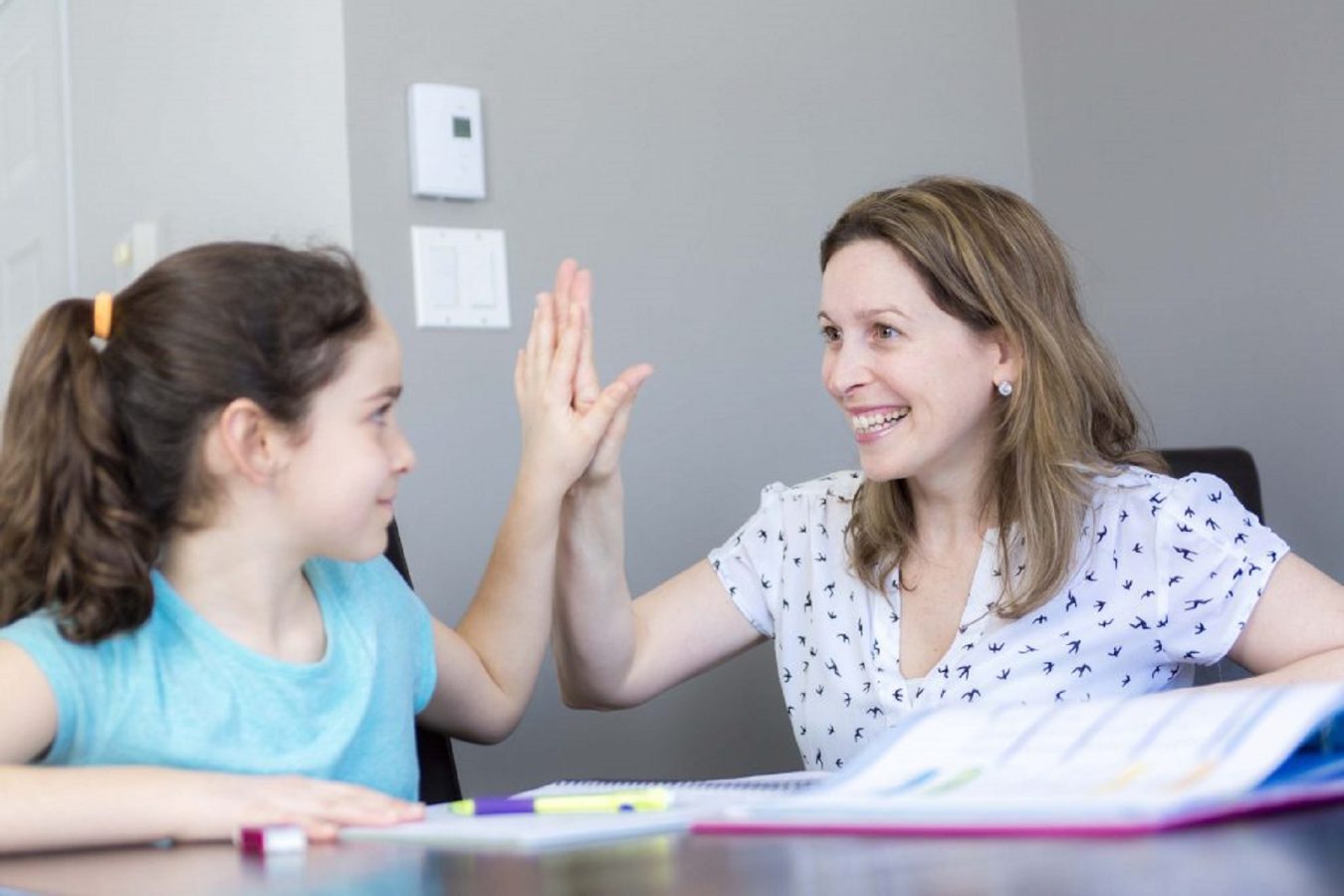
What to do when you don't like imaginary play, the children's authors who don't like kids, and different rules for different children.
Our selection of thought-provoking and useful resources from around the web on educating and raising children, and supporting families.
I hate imaginary play with my child, how do I get through it?
(Mikki Cusack, ABC Everyday)
Children love to play, but not all parents do. Playing can be seen as a chore for some parents, concerned about all the other things they ‘should’ be doing, or even prefer to be doing. But as the author discovers, it’s okay not to like play.
Turning to clinical psychologist Dr Becky Kennedy, the author asks if there is ‘something wrong with me’. Dr Becky advises that ‘realising that it’s okay to not like play, or pretend play is the single most important thing that will help you engage in more play’.
Dr Becky also advises that setting boundaries is helpful. A boundary such as a time limit can be a good starting point.
The author tries the tactic with her son, explaining that ‘I love playing with you, but that’s all the time I have today. I’m sorry, I wish it was longer too!’.
She finds this works well, but notes you do need to ‘put your phone away’. We can all relate to having felt annoyed by someone who is ‘constantly checking their phone’.
Read the full article‘I avoid them whenever possible’: the children’s authors who don’t like kids
(Louisa Young, The Guardian)
Finding out that some of your favourite children’s authors have an ambivalent attitude towards children can be disheartening.
The writer mentions the likes of Enid Blyton, AA Milne, Dr Suess and Raymond Briggs. The latter once said on the radio ‘I’ve no interest in children. Didn’t want to have any’.
‘As a writer, and daughter, partner and mother of writers, I can tell you: no writers like children – if said children are wanting things from the writer when the writer wants to be writing,’ says the author.
So, does it matter if children’s authors don’t seem to like children? ‘They just need to have a handle on a child’s point of view – as they do on any characters.’
Read the full articleWhy Shona says it's OK for parents to have different rules for different kids
(Shona Hendley, ABC Everyday)
If you’re a parent of multiple children, do you have different rules for different kids? Or is it one size fits all scenario?
The author makes the case for a different rules approach. As she explains, her daughters are different people, and often, there are different circumstances too.
‘They are two different people with distinctive personalities, specific needs, their own strengths and weaknesses, unique capabilities; they both have their own set of lessons they need to learn in life and pathways to follow.’
She goes on to point out that she too has ‘grown and developed’, learning what is and isn’t worth her ‘time and energy’.
‘… this may mean child number one is a bit more like the crash test dummy for our parenting rules and guidelines but no, that doesn’t mean they aren’t the favourite …’
Read the full article

